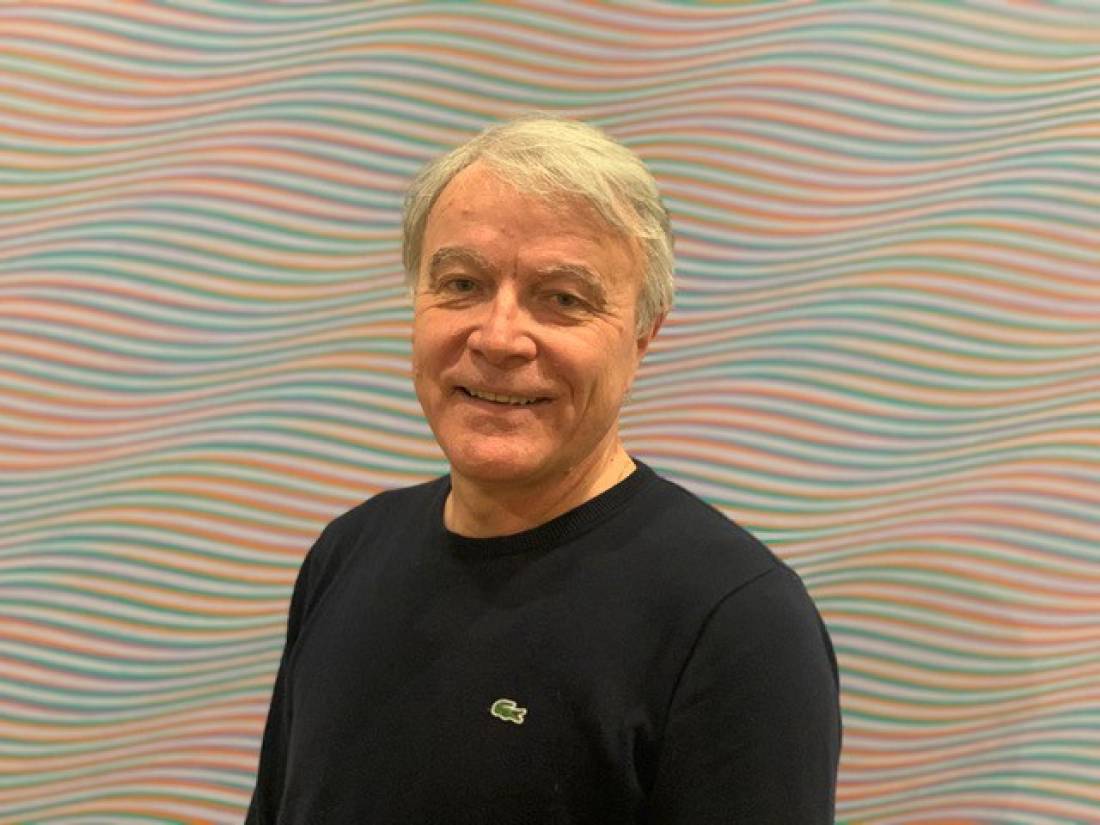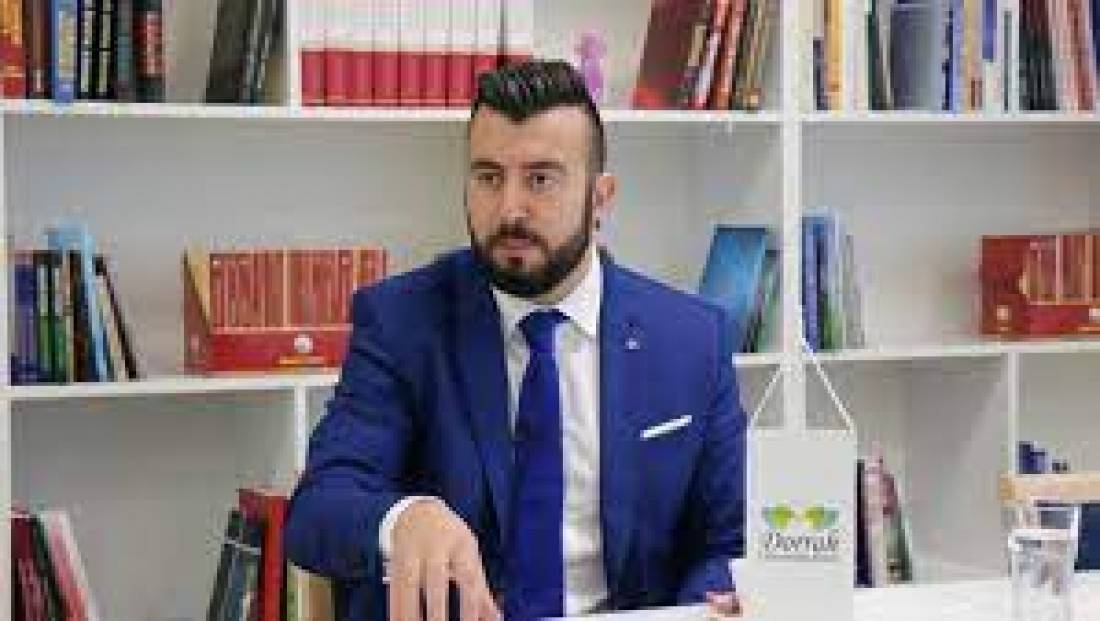Abstract:
Today’s urban environments are prone to reoccurring daily congestion. This is especially evident in signalized intersections and urban motorways. To alleviate the congestion problem, services from the domain of Intelligent Transportation Systems (ITS) are applied. Particularly, the service of traffic control where Adaptive Traffic Signal Control (ATSC) is applied for signalized intersections and ramp metering or Variable Speed Limit (VLS) for urban motorways. The crucial part of the implemented traffic control system is the appropriate control law that must cope with large changes in traffic demand during the day (short- term changes) or the year (long-term changes). New approaches apply methods from the domain of artificial intelligence to create learning-based traffic control systems. Thus, the control law is learned during the operation of the control system and can be refined to cope with the everlasting changes in traffic demand or user behavior. Reinforcement learning is one of the often-used approaches that can be applied for both ATSC and VSL. The problem is how to ensure a goodrepresentation of the controlled traffic process regarding states, actions, and reward function, improvetraining convergence of the control law, and provide support to new mixed traffic flows. One approach is to apply growing neural gas, spatiotemporal placement of speed limit areas, and multiagent systems using connected vehicles as mobile sensors and actuators, which will be addressed in this lecture.
Biography:
Edouard Ivanjko is a Professor at the Department of Intelligent Transportation Systems at the University of ZagrebFaculty of Transport and Traffic Sciences. His research interests are related to Intelligent Transportation Systems, modeling, and simulation of road traffic, road traffic control systems based on machine learning, forecast of road traffic parameters, autonomous vehicles, and the application of computer vision in road traffic. He participated as a senior researcher on various national and international projects like IPA project Computer Vision Innovations for Safe Traffic (VISTA), FP7 project Intelligent Cooperative Sensing for improved traffic Efficiency (ICSI), the national scientific project Development Methodology of Integrated Adaptive Transport-logistic Systems, COST action TU1102 Towards Autonomic Road Transport Support Systems (ARTS), COST action IC1406 High-Performance Modelling and Simulation for Big Data Applications (cHiPSet), Advanced methods and technologies in Data Science and Cooperative Systems (DATACROSS), and EU structural fund projects System for route optimization in a dynamic transport environment (SORDITO)and Skipping Boundaries with Internationalization (LoMI). Currently, he is a member of the Croatian Centre of Research Excellence for Data Science and Advanced Cooperative Systems.He also participates in the project Software Sensor Augmentation at Environmental Data Analysis Laboratory (SSA@EDAL) and leads the project Development of Learning Agent-based Systems for Improved Urban Traffic Control (DLASIUT) both financed by the Croatian Science Foundation (HRZZ). Additionally, he is also working as a consultant in evaluating research and development innovation projects financed by Croatia’s national and EU structural fund programs. He is a member of ITS Croatia, IEEE, Croatian Academy of Engineering,and KOREMA.


























